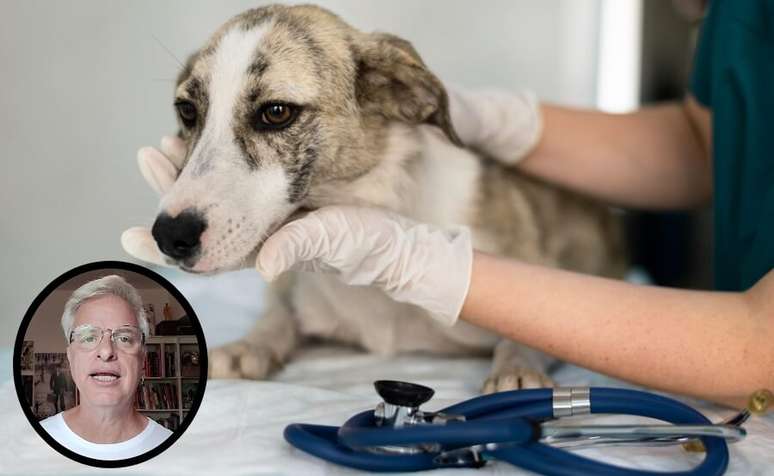“This vaccine is truly revolutionary,” says the veterinary oncologist
Summary
A developed dog cancer vaccine, which has shown promising results in clinical trials since 2016, aims to use the immune system to attack certain tumors by targeting the EGFR and HER2 proteins.
A newly developed cancer vaccine for dogs is showing promising results in clinical trials that have been ongoing since 2016. There is hope that some of the vaccine’s benefits could be translated into cancer treatments in humans.
To date, more than 300 dogs have been treated with the vaccine, and the 12-month survival rate for dogs with certain types of cancer has risen from about 35% to 60%. Tumors in many animals also shrank.
Officially known as Canine EGFR/HER2 Peptide Cancer Immunotherapeutic, the vaccine emerged from studies of autoimmune diseases, in which the immune system attacks the body’s own tissues rather than invasive threats. The vaccine is designed to stimulate the immune system to attack the cancer.
“In many ways, tumors are like targets for autoimmune diseases,” says rheumatologist Mark Mamula of Yale University School of Medicine. “Tumor cells are their own tissue and are attacked by the immune system. The difference is that we want the immune system to attack the tumor.”
As described in a 2021 study by Mamula and colleagues, the treatment causes immune cells to produce antibody defenses, which bind to tumors and interfere with their growth patterns.
Specifically, these antibodies target two proteins: epidermal growth factor receptor (EGFR) and human epidermal growth factor receptor 2 (HER2). Mutations that cause overexpression of these proteins lead to uncontrolled cell division in some human and canine tumors.
Existing treatments that target EGFR and HER2 use only one type of antibody. The new vaccine increases its effects by creating a polyclonal response – involving antibodies from several immune cells, rather than just one, making it more difficult for the cancer to become resistant to the drug.
“In veterinary oncology, our toolbox is much smaller than in human oncology,” says veterinary oncologist Gerry Post of Yale School of Medicine. “This vaccine is truly revolutionary. I couldn’t be more excited to become a veterinary oncologist.”
Watch the video with commentary by André Forastieri.
André Forastieri is a journalist and entrepreneur, founder of Homework and the content and connections agency Compasso, as well as a mentor to professionals and executives. Find out more aboutandreforastieri.com.br
.
Source: Terra
Ben Stock is a lifestyle journalist and author at Gossipify. He writes about topics such as health, wellness, travel, food and home decor. He provides practical advice and inspiration to improve well-being, keeps readers up to date with latest lifestyle news and trends, known for his engaging writing style, in-depth analysis and unique perspectives.








